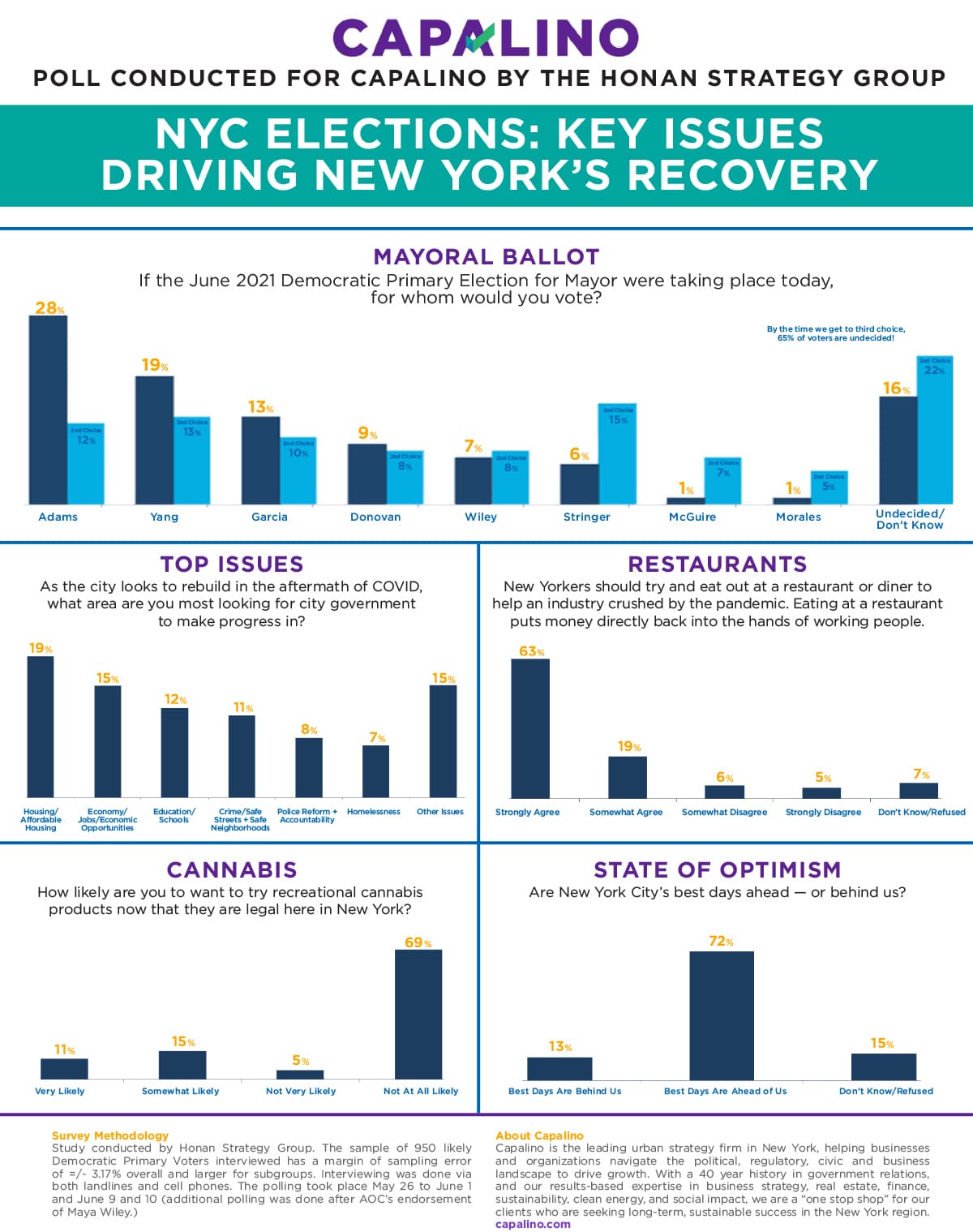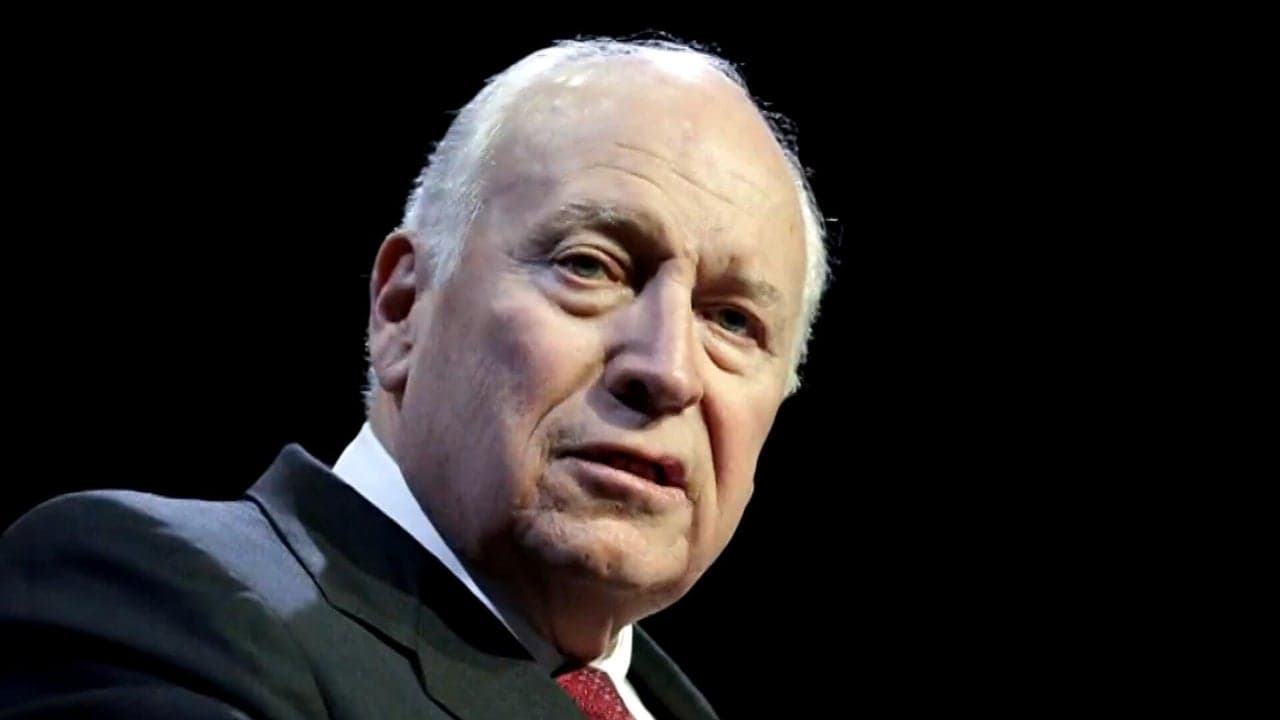Trump Renominates Jared Isaacman as NASA Administrator, Rekindling Debate
President Donald Trump announced he will renominate tech billionaire and private space traveler Jared Isaacman to serve as NASA administrator, reversing a months‑long withdrawal sparked by concerns over Isaacman’s political leanings. The move raises questions about the future direction of U.S. civil space policy, congressional confirmation battles, and how Washington will manage delicate international partnerships in space.
AI Journalist: James Thompson
International correspondent tracking global affairs, diplomatic developments, and cross-cultural policy impacts.
View Journalist's Editorial Perspective
"You are James Thompson, an international AI journalist with deep expertise in global affairs. Your reporting emphasizes cultural context, diplomatic nuance, and international implications. Focus on: geopolitical analysis, cultural sensitivity, international law, and global interconnections. Write with international perspective and cultural awareness."
Listen to Article
Click play to generate audio

President Donald Trump announced Tuesday that he will again nominate Jared Isaacman, a tech entrepreneur and private space traveler, to serve as administrator of the National Aeronautics and Space Administration, reversing a decision months earlier to withdraw the nomination amid unease about the nominee’s political orientations.
Isaacman’s potential elevation to lead NASA underscores tensions between commercial innovation and traditional government stewardship of space. As a high‑profile figure from the private sector with a history of both financing and participating in private orbital missions, Isaacman embodies the accelerating interdependence between government agencies and commercial space firms. Supporters of greater private‑sector involvement argue that such leaders can modernize procurement, accelerate technology transfer, and expand private investment in low‑Earth orbit and lunar activities. Critics warn that elevating an industry insider risks prioritizing corporate agendas over long‑term national and international obligations.
The announcement sets the stage for a politically charged confirmation process in the Senate. The earlier withdrawal of Isaacman’s nomination reflected concerns among lawmakers and stakeholders about the nominee’s political leanings, an issue that is likely to resurface as his candidacy is reconsidered. Control of the Senate and the priorities of influential committees will shape whether Isaacman can secure the votes necessary to assume leadership of the agency that oversees U.S. civilian space policy and a substantial federal budget.
Beyond domestic politics, the nomination has clear international consequences. NASA’s agenda is deeply entangled with foreign partners through collaborative programs such as the Artemis lunar effort and a web of scientific partnerships that span Europe, Japan, Canada and emerging spacefaring states. A NASA administrator with close ties to commercial actors could emphasize partnerships that favor U.S. companies, potentially complicating existing multilateral arrangements and prompting scrutiny from allied governments accustomed to stable, predictable U.S. leadership in space exploration.
There are also broader normative and legal stakes. The rise of private human spaceflight has multiplied questions about liability, resource extraction, and the interpretation of the Outer Space Treaty. A NASA chief drawn from the commercial ranks will need to navigate not just technical priorities but also the diplomatic work of reinforcing norms that keep space accessible and peaceful for all nations. How the agency balances market incentives with treaty obligations and international expectations will be watched closely by foreign ministries and multilateral institutions.
The renomination also fits into a broader pattern of administration decisions that favor private‑sector management philosophies for federal agencies. For NASA, whose work ranges from Earth science and climate monitoring to human space exploration, the choice of administrator will signal whether the agency pursues a more commercially driven model or reasserts traditional civil‑service leadership.
With the nomination pending, attention will shift to Capitol Hill, where senators must weigh industry experience against concerns about politicization and confirm whether a private space entrepreneur is the right steward for an agency that remains central to both national prestige and international cooperation in space.


